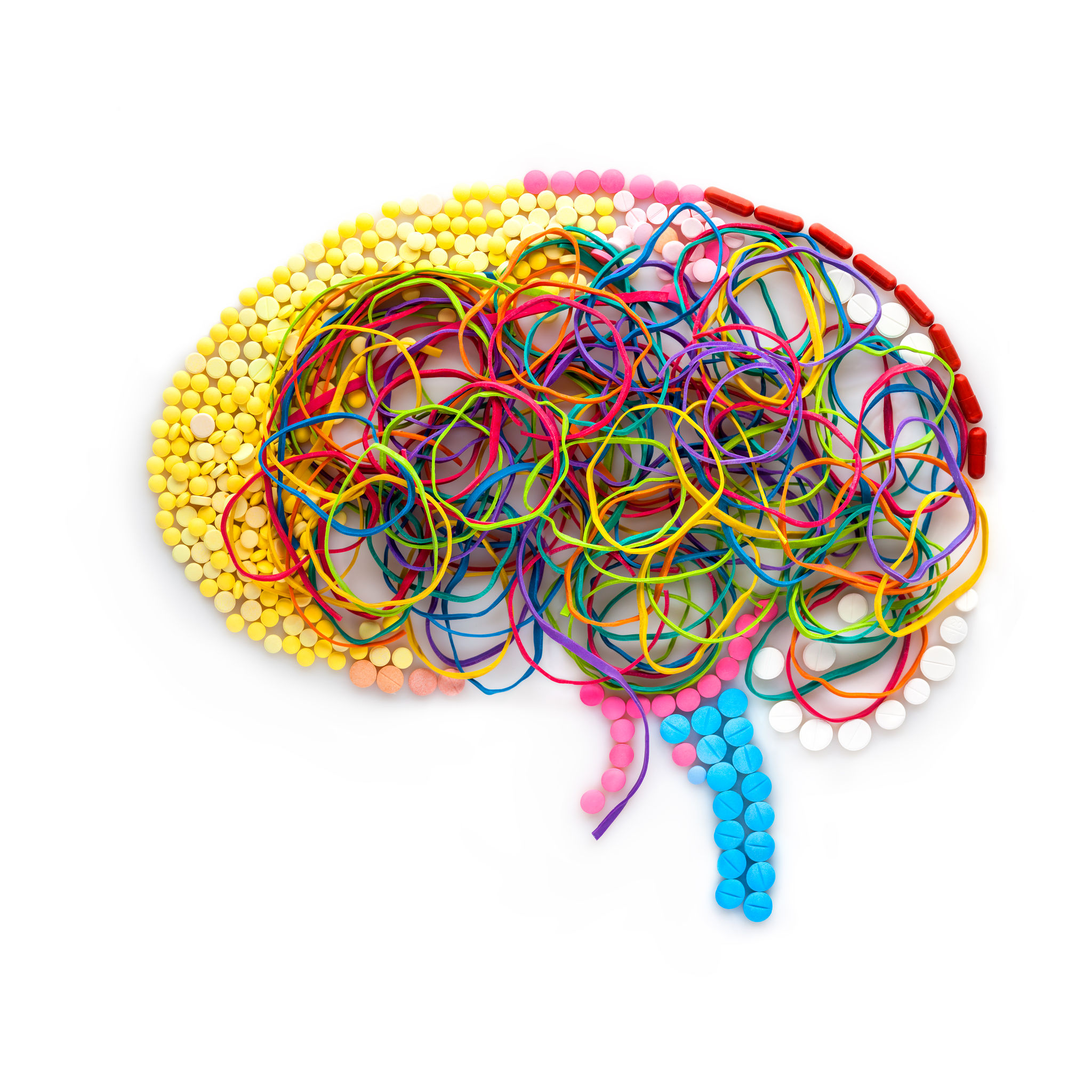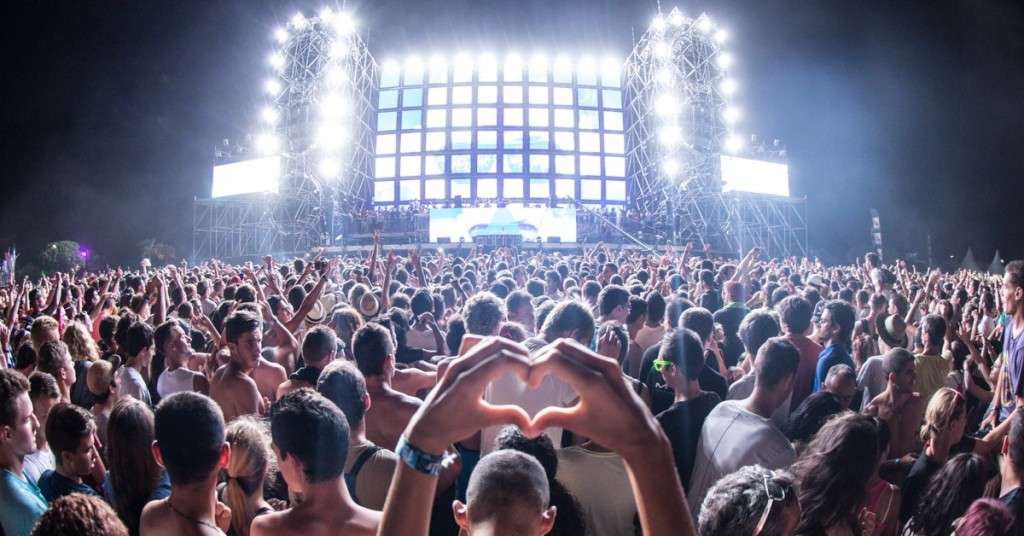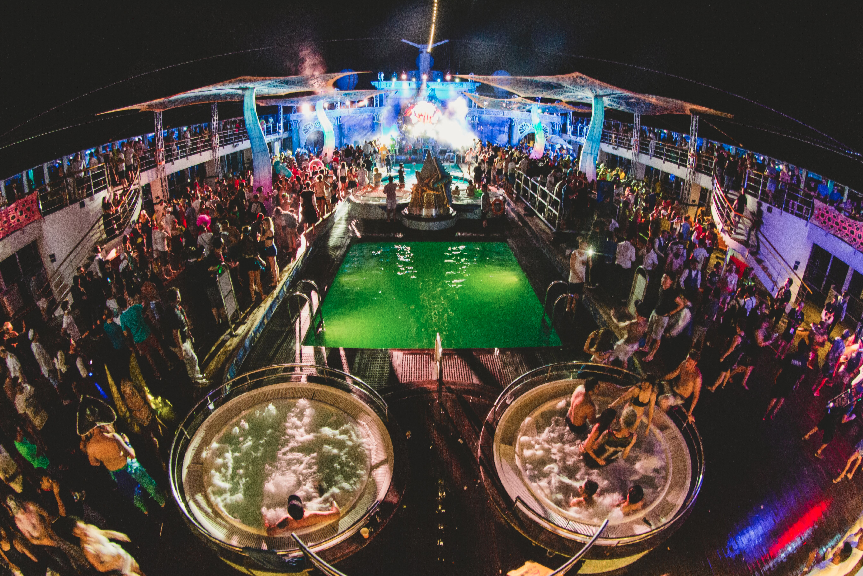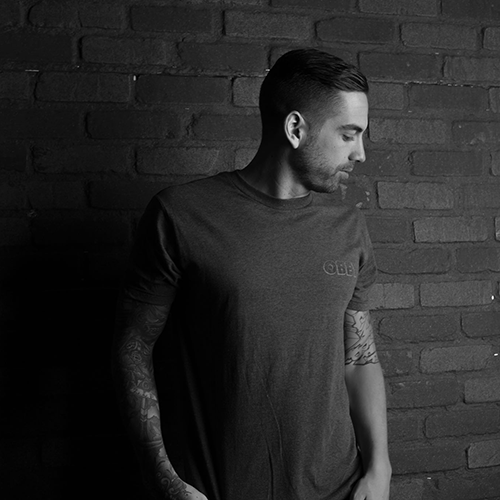Earlier this week, Beatport‘s Los Angeles Senior Editor Katie Bain took to the site to publish a fascinating and in-depth report on music’s effect on the human brain, and why taking drugs while listening seems to multiply the positive effects. Despite the concerted efforts by modern day festivals and clubs to stimulate the aural and visual experiences of its attendees, whether inebriated or not, Bain says the real pleasure takes place inside our heads.
In my own experience, regardless of music’s incredible ability to conjure feelings of joy and transcendence on its own, the assistance of some form of substance has consistently upped the occasion and noticeably changed its power and space in my setting. I’ve always played it safe when it comes to drugs, but when used to enhance musical performances, something magical and uniquely appealing tends to happen. The power of the sound and light takes hold over everything else happening around you; the conversations, expectations and outside concerns are temporarily set aside to make room for the direct line between your mind and the stage. In times like these, aligning your thought patterns, focus and emotional state to the rhythms becomes hugely important and startlingly easy, resulting in a kind of familiarity and novelty of experience that occur simultaneously. Even though you’ve been in places like this before and heard the same music, the entire event somehow becomes a whirlwind of honest emotion, individual moments and sensory saturation unlike anything you’ve felt prior. According to Bain’s report, and with science taking the lead, these experiences can now be explained in great detail.
“Music sort of activates the same pathways in the brain that are responsible for pleasure,” says neuroscientist Dr. Doris Payer. MDMA, Bain writes, is the dance music community’s longstanding drug of choice when it comes to late-night clubs and large scale festival grounds. The drug targets dopamine, serotonin and norepinephrine specifically, three neurotransmitters responsible for feelings of emotion, pleasure, motivation, memory and heightened energy. Because the levels 0f these chemicals are raised when ingesting MDMA, the result most often comes as an increased sense of joy, happiness, confidence and connection to others, Bain says.
And listening to music, of course, affects us in a very similar way. When hearing sounds that are pleasing to us, the release of dopamine and serotonin mimic the conditions experienced when on MDMA. Therefore, when both stimulants are combined, the effects are doubled in the attendee’s brain.
“Whatever is happening chemically in the brain is enhanced when you listen to music at the same time.” – Dr. Payer
The ability for doctors and scientists to study the more detailed effects of drugs like MDMA has been met with substantial difficulty, however, due to MDMA’s Schedule I drug classification. Before it was made illegal, it showed to be a greatly effective therapeutic tool to treat PTSD and similar conditions. Because it has the effect of making good memories better and bad memories more palatable, Bain says, it’s no surprise that the Multidisciplinary Association for Psychedelic Studies is currently taking efforts to make MDMA an FDA-approved prescription medication by the year 2021.
Missi Wooldridge, the Executive Director of DanceSafe, gave her own take on the viability of using such substances for their medical benefits: “If you look at the person next to you, and they smile and you smile back at them, that’s therapeutic in and of itself. We’re so desensitized that having this real emotional connection is really meaningful to people, and a lot of times drugs can be a catalyst for that positive experience.”
Wooldridge makes sure to clarify that such experiences must be cultivated with care, however, as several important factors must be taken into account before ingesting a potentially dangerous amount. “Having this positive emotional experience,” she says, “relies on a lot of factors including dosage, setting, the quality of your substance and how well you’re taking care of yourself and putting safety precautions in place.”
As easy it is to have incredible and eye-opening experiences with such substances, doing so never comes without its risks. Looking at many of the world’s most highly attended music festivals this year especially, it’s clear the dance music community and event organizers alike still have a long way to go before we can rest entirely easy without concern of someone reaching a dangerous state while intoxicated. With the right regulation and a renewed understanding among the community about the science and facts behind the drugs they’re taking however, substances like MDMA have the potential to do some serious good both medically and recreationally. Until that day though, we’ll continue to take the highest amount of precaution we can.
Click here to head over to Beatport, and check out Bain’s full report.
Source: Beatport









